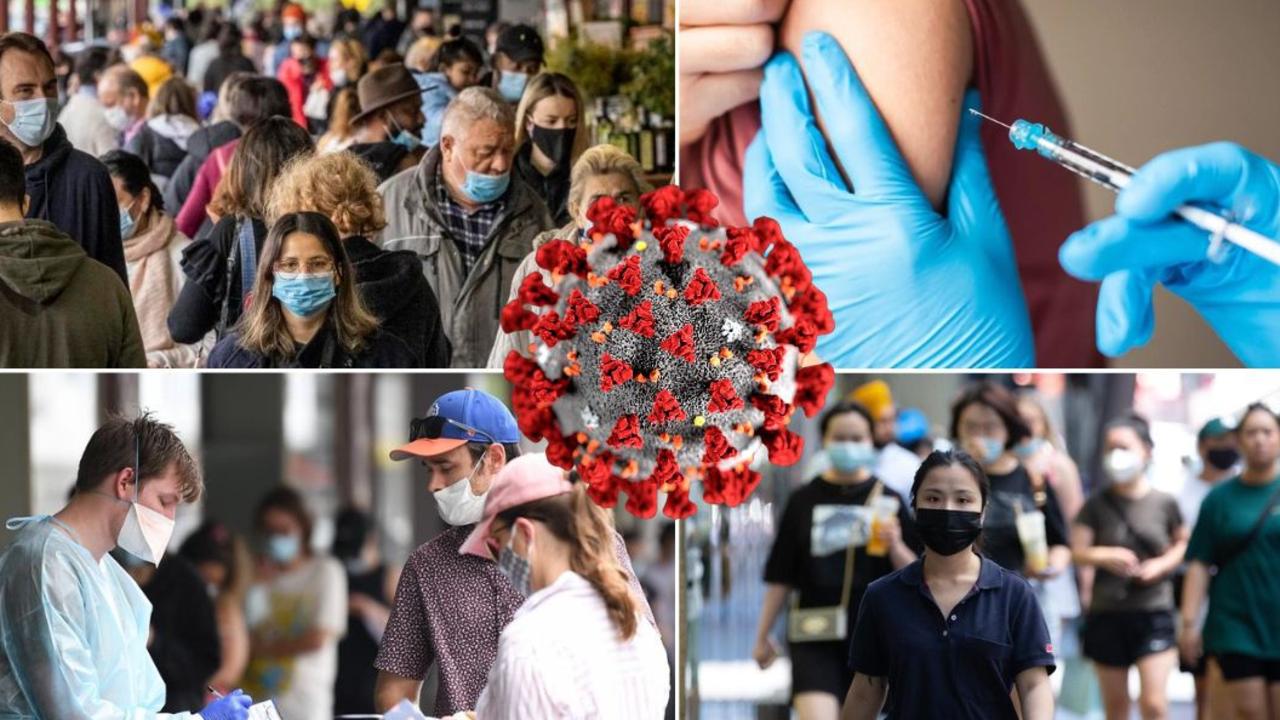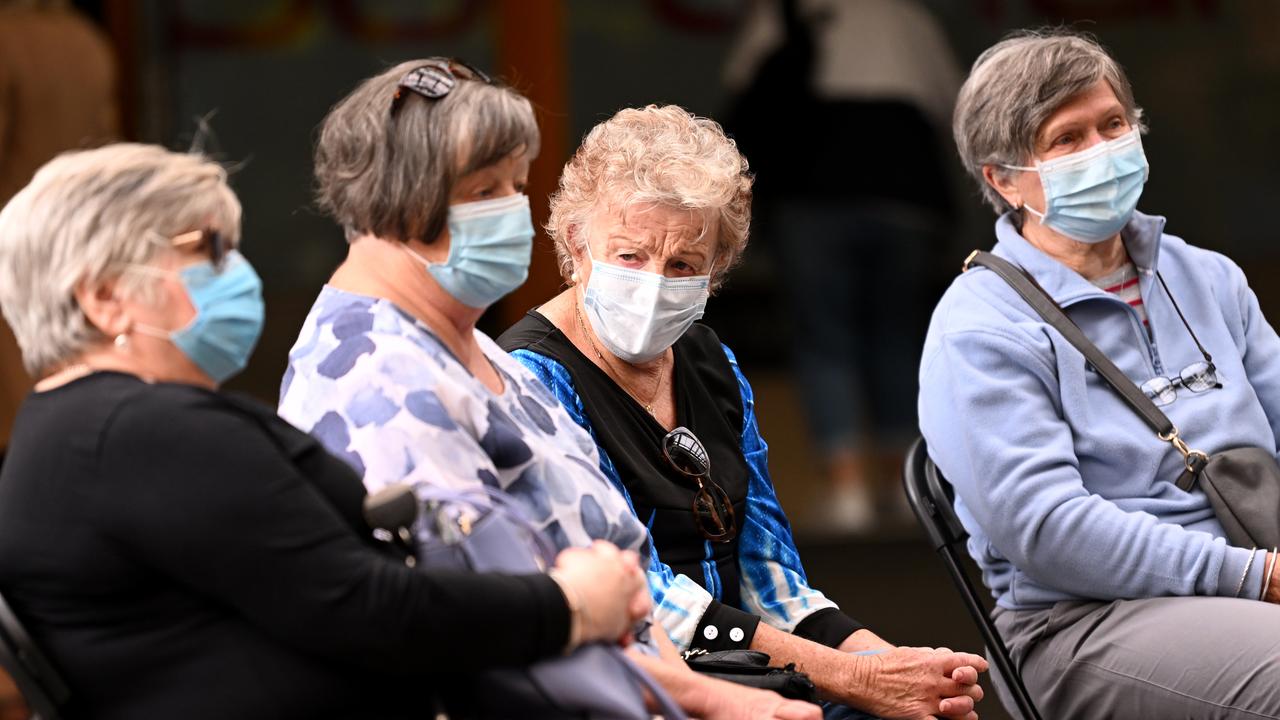Coronavirus: UK leaders go into battle to stop their areas being pushed into lockdown
British MPs are at loggerheads with Boris Johnson after the PM announced a tough three-tier system of regional COVID restrictions in the UK.
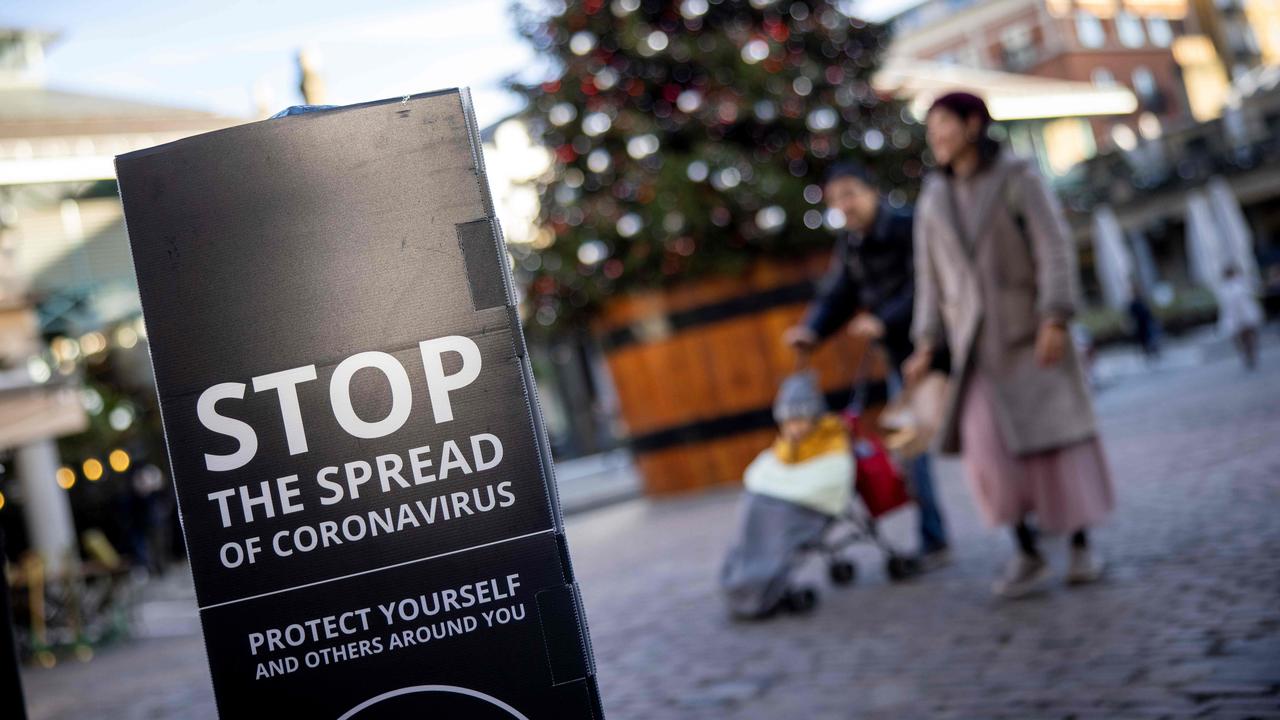
Coronavirus
Don't miss out on the headlines from Coronavirus. Followed categories will be added to My News.
British MPs and local leaders are today going into battle to stop their areas from being forced into the tougher Tier 3 coronavirus lockdown imposed by Prime Minister Boris Johnson from next week.
Mr Johnson revealed his new tier plans to the nation and admitted that “many more regions will fall - at least temporarily - into higher tiers than before”, meaning more Brits face being unable to see friends and family indoors until during the Christmas and New Year holidays until Easter next year.
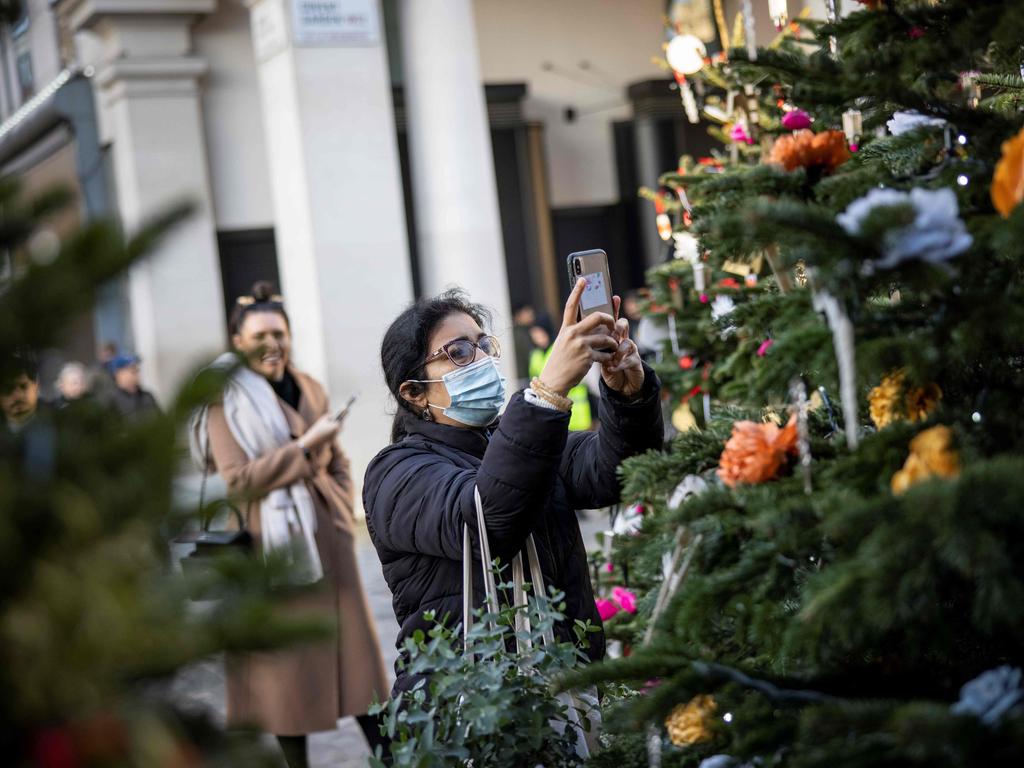
Mr Johnson is now under massive pressure not to put huge sections of the country into the harshest restrictions which local politicians say will cripple businesses and economies.
MPs are vowing to vote against the measures.
Tory MP Anne Marie Morris MP said, “Serious damage has already been caused by previous lockdowns and restrictions and I simply will not vote for measures that cause further damage to the health and wellbeing of our community,” according to The Sun.
NEW PUB AND SPORT RULES: UK LOCKDOWN
On Monday, Mr Johnson announced plans for a three-tiered system of tougher regional restrictions once lockdown ends in the UK on December 2.
The lockdown will be followed by a return to a tougher three-tiered set of regional restrictions, which will impact the more than 100,000 Australian expats living in the United Kingdom.
The new tiered system will last until at least May, Mr Johnson said.
Mr Johnson’s new rules will be significantly harsher than before in a bleak winter ahead for Britain – but won’t include a Tier 4.
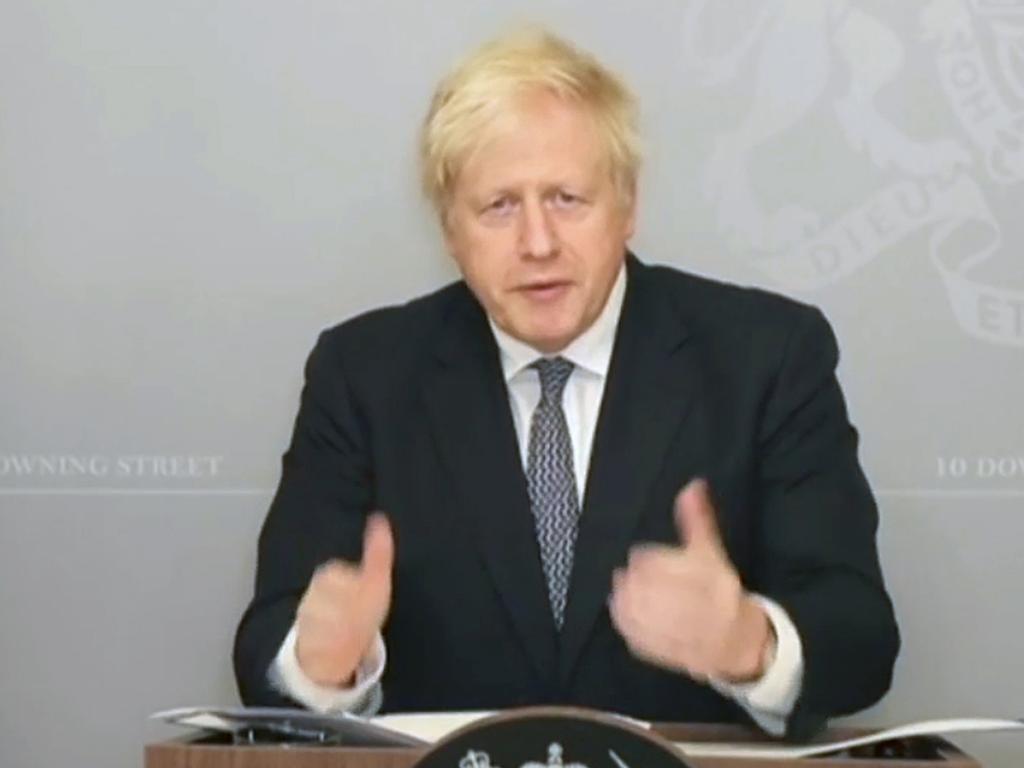
As he laid out the Government’s COVID Winter Plan, he hailed the “sacrifices of millions of people across the United Kingdom” which had helped to control the virus and drive cases down.
The new strategy aims to get R rate below one and keep it there with the fresh set of draconian rules, which are likely to be opposed by a string of MPs.
Mr Johnson admitted that “more regions will fall – at least temporarily – into higher tiers than before” meaning more Brits face being unable to see friends and family inside until Easter.
Mr Johnson confirmed there will be a break for the festive period – but families will “need to make a careful judgment” about visiting older relatives as the virus “doesn’t know” it’s Christmas.
“The scientific advice, I am afraid, is that our tiers need to be made tougher.”
The rules will be reviewed every 14 days to check if they are working, and to see whether they can be relaxed, reports The Sun.
Mr Johnson will lay out which place will go into which tier on Thursday.
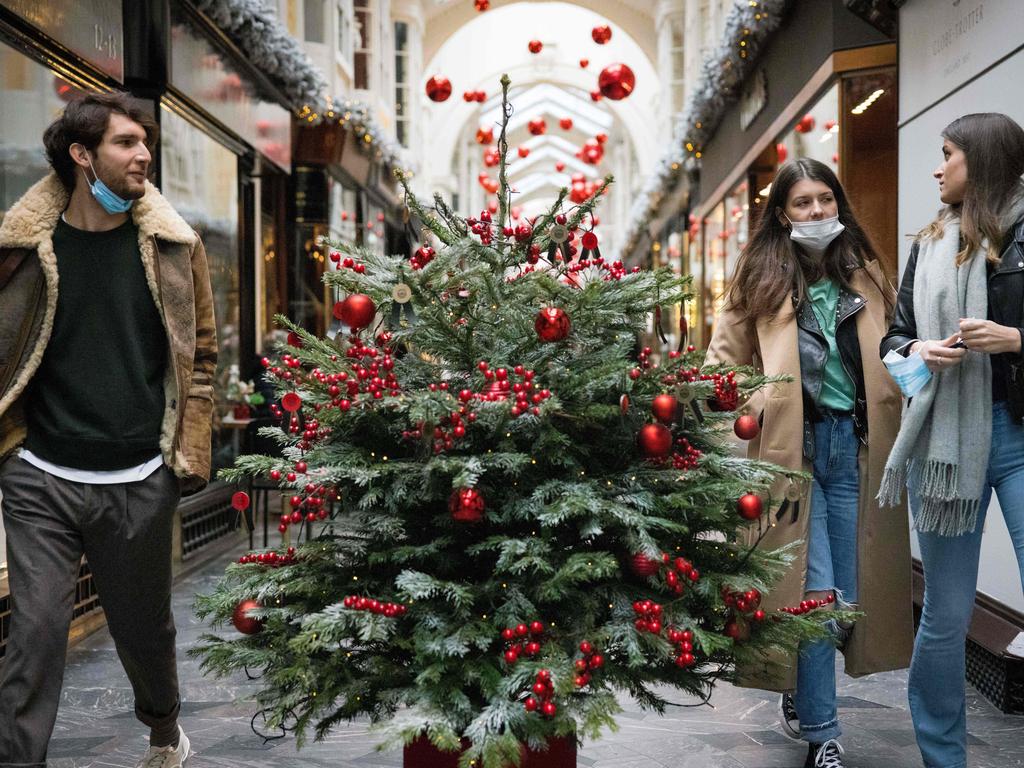
“Without sensible precautions, we would risk the virus escalating into a winter or New Year surge,” he said.
“We are not going to replace national measures with a free for all, the status quo ante COVID.
“We are going to go back instead to a regional tiered approach, applying the toughest measures where COVID is most prevalent.”
Britain has suffered more than any other country in Europe from the coronavirus, with more than 55,000 deaths from 1.5 million cases.
Speaking to parliament, Mr Johnson said the “escape route” from the coronavirus was in sight as he announced that tough restrictions in England would not be extended beyond December 2.
“The breakthroughs in treatment, in testing vaccines mean that the scientific cavalry is now in sight,” he said.
“We know in our hearts that next year we will succeed. By the spring these advances should reduce the need for the restrictions we’ve endured in 2020.
“We have turned a corner and the escape route is in sight,” he said, while warning that “Christmas cannot be normal and there’s a long road to spring”.
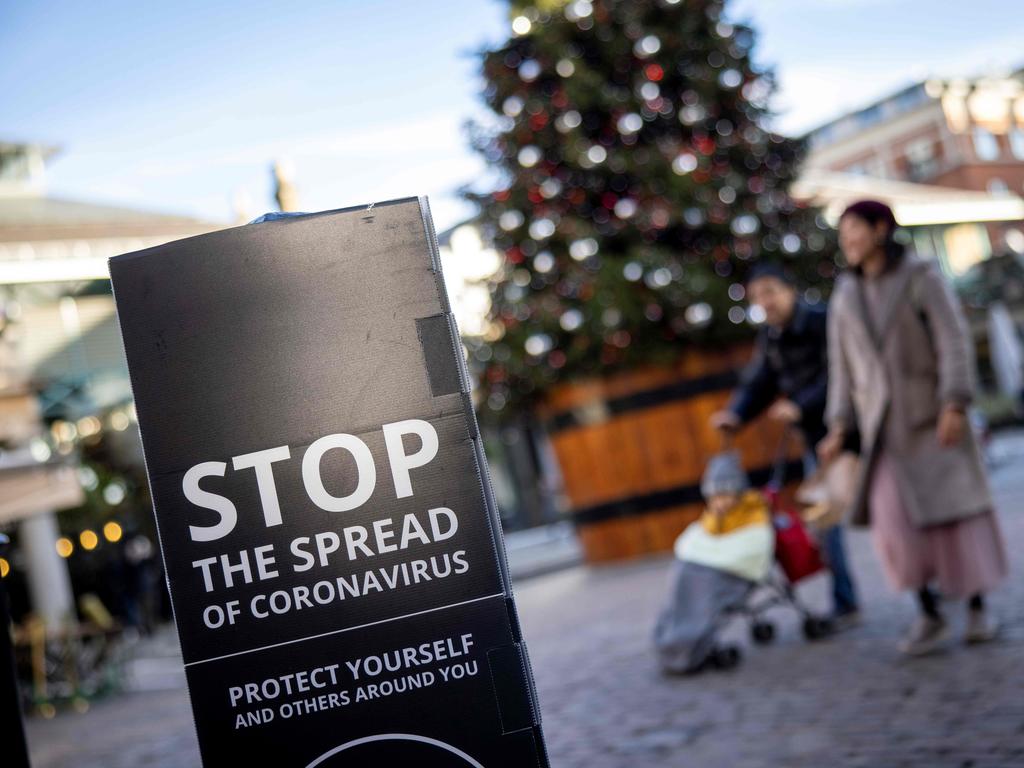
The easing of restrictions after December 2 will see people permitted to leave their homes for any purpose, with public religious ceremonies and certain leisure activities once again allowed.
Up to 4000 spectators will be able to return to sports stadiums and live performances in low-risk parts of England, while pubs can reopen if they are not in the highest tier.
Mr Johnson also announced a “time-limited” dispensation for families to gather for Christmas.
“We all want some kind of Christmas, we need it,” he said in a statement from Downing Street, where he is self-isolating after coming into contact with an MP carrying the virus.
“What we don’t want is to throw caution to the wind and allow the virus to flare up again,” he added.
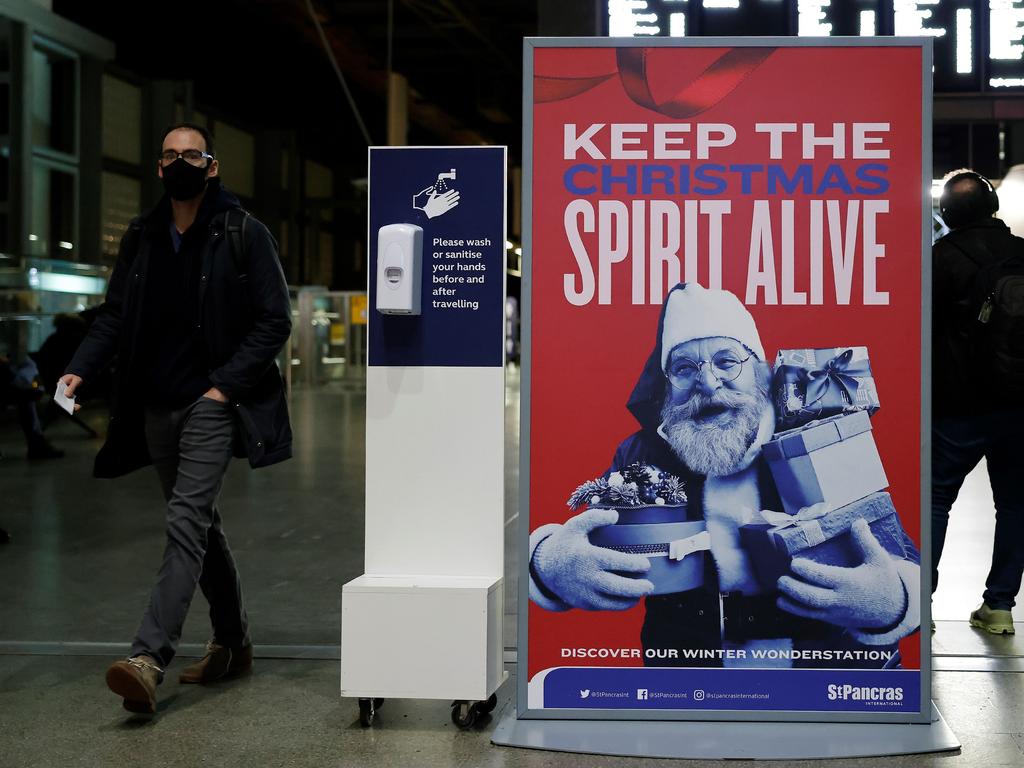
“Families will need to make a careful judgment about risk of visiting older relatives.”
The prime minister’s short-term plan revolves around mass rapid testing following a trial in the city of Liverpool which the government said had led to a “substantial fall” in cases.
The system is now being piloted in the state-run National Health Service (NHS) and in care homes, which it is hoped will allow residents to meet with visitors again.
If successful, it will be extended nationwide and to the general population.
BORIS’ NEW RULES
* Households will be only able to meet up in Tier 3 in outdoor spaces like parks
* Pubs and restaurants in the top Tier will have to stay shut – but drive-throughs and deliveries can continue
* Tier 2 pub rules will be toughened, with only places serving food with drinks allowed even outside
* Pubs, restaurants, casinos, bowling alleys, soft play areas, museums, galleries and cinemas in Tier 3 will have to stay shut
* Gyms and beauty salons can open across the nation – and all shops will open their doors again
* Brits will be able to go to see soccer matches in the lower tiers from December 2 onwards
* Elderly Brits will be able to come out of care homes to spend Christmas with the family if everyone tests negative
* New parents with a child under one will be allowed to form support bubbles
* The Rule of Six will return across all Tiers but the 10pm curfew will be moved to 11pm
* Weddings will be allowed to take place with 15 guests and collective worship can continue – but receptions are banned in Tier 3
* It was also confirmed that there will be a new trial in Liverpool to scrap isolation of contacts of people who test positive – and instead they will take daily tests for a week and carry on their lives as normal
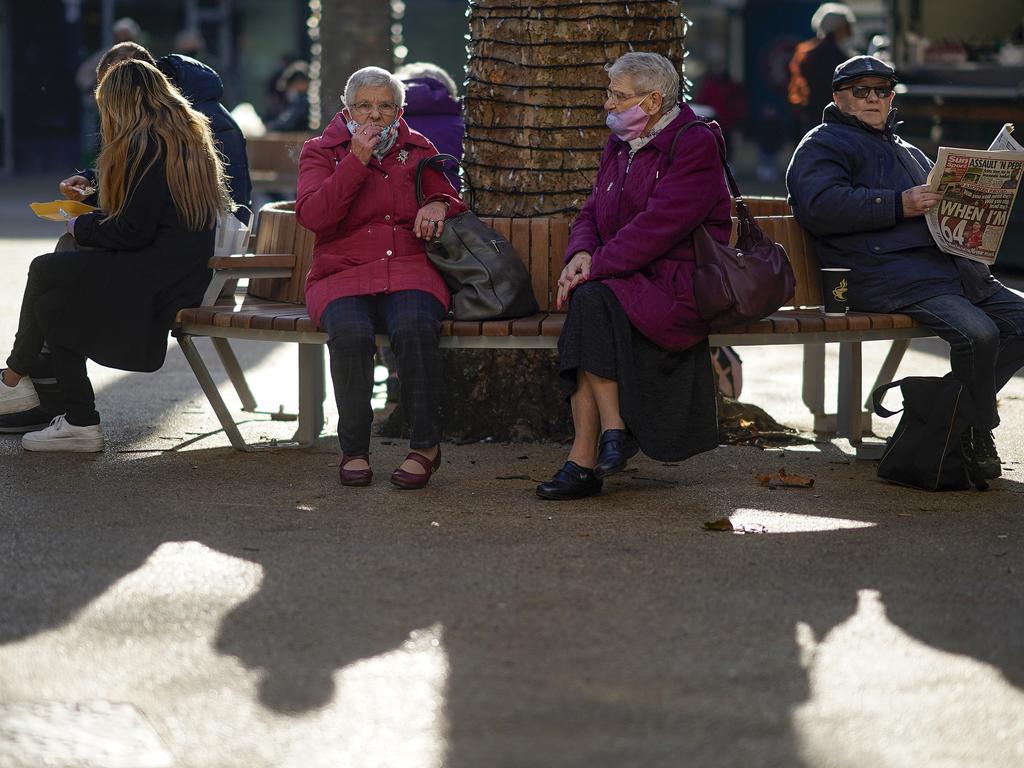
TIERED SYSTEM ‘SIMILAR’ BUT TOUGHER
Downing Street has said the tiered system will be similar to the one in place before the lockdown, but more restrictive in some areas.
The government, under pressure because of the economic impact of the outbreak, is due to announce on Thursday which tier each region will fall under.
Britain has seen more than 55,000 deaths from some 1.5 million cases — one of the worst rates in the world — and has been grappling to control a second spike of infections.
Health Secretary Matt Hancock told BBC radio on Monday (local time) that “the top tier is going to have to be tougher than the previous top tier”.
“We need to make sure we bring the virus down, not just flatten it,” he said.
Mr Johnson’s announcement came after British drugs group AstraZeneca and the University of Oxford on Monday said they would seek approval for their vaccine against COVID-19 after it showed an average effectiveness of 70 per cent.
“The most hopeful advancement of all is how vaccines are now edging ever closer towards liberating us from the virus, demonstrating emphatically that this is not a pandemic without end. We can take great heart from today’s news,” Mr Johnson said.
“The National Health Service [NHS] is preparing a nationwide immunisation plan ready next month, the likes of which we have never witnessed,” he added.

But Mr Johnson faces opposition from MPs; a letter from the 70 MPs, also signed by 14 Conservative peers, told Mr Johnson that a tiered system “infringes deeply upon people’s lives with huge health and economic costs”.
“We cannot support this approach further unless the government demonstrates the restrictions proposed for after 2 December will have an impact on slowing the transmission of COVID, and will save more lives than they cost,” they wrote.
“To this end, government must publish a full cost-benefit analysis of the proposed restrictions on a regional basis so that MPs can assess responsibly the non-COVID health impact of restrictions, as well as the undoubted impact on livelihoods.”
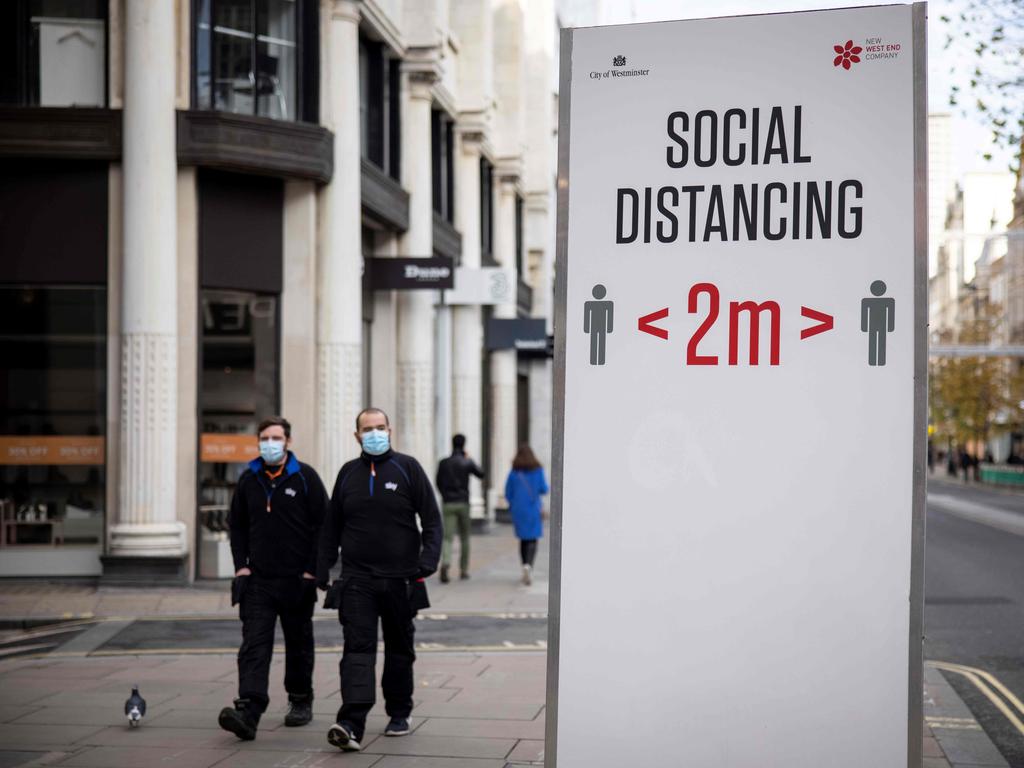
This means Mr Johnson will be left with the uncomfortable prospect of having to rely on Labour votes when the plan is voted on by MPs next week.
Asked about the idea of a cost-benefit analysis, Mr Sunak said this was unlikely. “It’s very hard to be precise in estimating the particular impact of a one-week restriction,” he told Sky News.
“What you will see next week when we have the spending review, alongside that will be a set of forecasts from the Office for Budget Responsibility … which will show the enormous strain and stress our economy is experiencing, the job losses that you mention, the forecasts of what will happen, and it’s right that we consider those in the round as we consider the best way to fight the virus.”
LOCKDOWNS COULD BE ‘REDUNDANT’ BY EASTER
Mr Johnson’s chief medical adviser has set an Easter “end goal” for coronavirus restrictions after trials showed that the Oxford vaccine was highly effective.
Chris Whitty backed the British Prime Minister, saying tough restrictions and social distancing rules could relax in April next year.

The announcement on Monday, local time, by the Oxford University team that their vaccine was up to 90 per cent effective means that it would be possible to vaccinate “the vast majority of the people who need the most protection by Easter”, said Mr Johnson.
“That will make a very substantial change to where we are at the moment.”
Mr Johnson urged people to stick with restrictions through the Northern winter, promising that by the spring a combination of vaccines and testing would “make the whole concept of a Covid lockdown redundant”, according to the Times London.
A downward trend in cases continued on Monday, local time, with 15,450 confirmed, the fewest in six weeks.
A further 206 deaths were reported, slightly lower than 213 reported a week ago, with 1,628 people suffering coronavirus symptoms admitted to hospital.
The three vaccines that have reported results have proved far more effective than Professor Whitty had been expecting and he is now more confident that tough social restrictions will not be needed once the vaccines are distributed.
“Science, and also the seasons when we get through to spring, will help to de-risk this infection steadily, step by step, and we’ll be able to pull back from these really oppressive things we have to do socially and economically, to keep it under control at the moment,” Professor Whitty told a Downing Street press conference.
Mr Johnson told MPs that “the vaccines have unquestionably massively, massively improved our position” compared with a few weeks ago and held out the prospect of an Easter “end goal or date”for people to work towards. “With luck and with hard work we will be seeing improvements before then,” he said.
“That is why when we come out of lockdown next week we must not just throw away the gains we have all made.”
VIRUS HAS PUT ‘ENORMOUS STRAIN’ ON UK ECONOMY
Mr Sunak on Sunday (local time) also warned that the British economy was under “enormous strain” because of the coronavirus, ahead of a government spending review next week But he ruled out a return to austerity measures.
Economic forecasts to be released alongside his Wednesday spending review would show “the enormous strain and stress that our economy is experiencing”, Mr Sunak told Sky News.
The findings of independent forecasters the Office for Budget Responsibility — as well as the 750,000 job losses from coronavirus — would have to be taken “in the round as we consider the best way to fight the virus”, he said.

Despite the profound impact of the coronavirus on Mr Sunak’s spending review, he rejected a possible return to austerity measures on the economy.
Government spending would continue to increase on last year’s day-to-day public spending, he said. “There’s absolutely no way in which anyone can say that’s austerity.” However, he refused to rule out a widely expected public-sector pay freeze. It was fair to “think about what is happening with wages, with jobs, with hours, across the economy when we think about what the right thing to do in the public sector is”, he said.
Britain has suffered more than any other country in Europe from the coronavirus, recording more than 54,000 deaths from 1.4 million cases.
In November, Mr Johnson’s government imposed a four-week lockdown to stop the spread of the disease. That is due to be partially lifted on December 2, giving some relief to businesses.
Mr Sunak said the government was “looking at ways to see how families could spend time with each other over Christmas” but refused to pre-empt an announcement on the UK’s winter virus strategy by Mr Johnson due on Monday.
MORE NEWS
Trump ally says vote fraud claims ‘an embarrassment’
G20 makes vaccine plan as US crisis hits new heights
Morcombe killer still haunts me: ‘I wanted 5 mins with him’
Originally published as Coronavirus: UK leaders go into battle to stop their areas being pushed into lockdown




